New Delhi, October 4:
In a move that could significantly reshape consumer trends and revenue flows, the Delhi government is preparing an excise policy overhaul designed to reduce the longstanding price gap between liquor sold in the national capital and neighboring Gurgaon. Officials confirmed that a draft is expected within a month and will address duty structures, distribution frameworks, and retail availability.
For decades, Gurgaon’s lower liquor prices have attracted Delhi’s weekend crowds, turning cross-border alcohol shopping into an unofficial tradition. The proposed changes, insiders say, are aimed at discouraging this “price arbitrage tourism” and ensuring that a greater share of consumer spending remains within Delhi’s excise net.
With festive season demand peaking, the policy announcement carries both economic and political weight.
Why the Policy Shift Now?
The Delhi government has been revising its excise framework multiple times over the last decade. The 2021–22 revamp, which allowed private players into retail, collapsed under allegations of irregularities, forcing a rollback. Since then, the administration has grappled with finding a stable formula that balances revenue, retail ease, and public sentiment.
The timing of the current initiative is significant:
- Festive Boost: October to December accounts for nearly 40% of annual liquor sales in Delhi NCR.
- Revenue Pressures: Excise duty is one of Delhi’s largest sources of non-tax revenue, contributing over ₹6,500 crore annually.
- Political Optics: Ahead of elections, demonstrating consumer-friendly reforms without compromising revenue is key.
The Gurgaon Factor
Gurgaon (Gurugram) has long been a thorn in Delhi’s excise story. With Haryana keeping duties lower, bottles often retail 20–30% cheaper just across the border. On weekends, highways connecting Delhi and Gurgaon see a steady stream of vehicles making detours for alcohol purchases.
Retailers in Gurgaon openly acknowledge the phenomenon. One shopkeeper near IFFCO Chowk told Sarhind Times:
“Every Friday evening, we see a spike in Delhi customers. They often stock up for the week because prices are simply more attractive here.”
The scale of this outflow is hard to quantify but excise officials admit that it undermines Delhi’s collections while complicating enforcement against illegal smuggling.
Policy Options Under Consideration
According to officials familiar with the deliberations, the draft may focus on:
- Duty Recalibration: Reducing certain categories of duty to bring popular brands closer in line with Haryana prices.
- Retail Rationalization: Expanding outlets in underserved areas to make access more convenient.
- Pricing Parity Bands: Fixing minimum retail price gaps with neighboring states to prevent wide differentials.
- Anti-Bootlegging Measures: Tighter monitoring at borders, with digital tracking of wholesale supply chains.
Stakeholder Voices
- Consumers: Many Delhiites welcomed the move. “Why should we drive 20 km to Gurgaon just for a bottle? If Delhi prices are closer, we’ll happily buy local,” said Radhika Sharma, a South Delhi resident.
- Retailers: Shop owners stressed on predictability. “Margins and licenses keep changing with every policy shift. We want stability, not just festive-time experiments,” said a Connaught Place retailer.
- Policy Analysts: Experts argue that Delhi cannot perpetually lose ground to Gurgaon. “Parity is not just about prices; it’s about consumer psychology. If people believe Gurgaon is always cheaper, that habit persists. Closing the gap matters,” said Prof. Arvind Menon of IIPA.
Broader Impact
- Revenue: Delhi’s collections could see a jump if consumer spend remains within city limits.
- Transport & Traffic: Fewer cross-border liquor runs could reduce weekend congestion at Delhi-Gurgaon border points.
- Law Enforcement: Reduced smuggling could free up enforcement bandwidth.
- Market Competition: Gurgaon outlets may face reduced Delhi footfall, altering regional market dynamics.
Political Angle
Excise policy has been a political hot potato in Delhi. The previous controversy over alleged irregularities in the 2021 policy triggered CBI and ED investigations, ensnaring senior political figures. This time, the administration appears determined to proceed with extra caution and transparency.
Sources said public consultations and stakeholder meetings will precede any rollout. The opposition, however, is already sharpening its knives, with one BJP spokesperson remarking:
“Delhi’s government is more interested in liquor policy than governance. People will see through this gimmick.”
Festive Season Economics
The liquor industry is among the biggest beneficiaries of India’s festive quarter. Weddings, Diwali parties, and corporate celebrations together generate a surge in demand. Aligning Delhi’s policy to capture more of this spend could be both a fiscal and political win.
Expert Outlook
- Short-term: Prices may ease slightly on popular categories, leading to higher retail footfall within Delhi.
- Medium-term: Gurgaon’s comparative advantage could diminish, though Haryana may also respond with counter-measures.
- Long-term: If successful, the model may inspire other border states facing similar “liquor tourism” imbalances.
Conclusion
The draft policy represents more than just a tweak—it is an attempt to stabilize one of Delhi’s most lucrative yet controversial revenue streams. Whether it succeeds depends not just on numbers but on public trust, enforcement efficiency, and political will.
As the draft circulates, consumers, retailers, and policymakers alike will be watching closely.
#Delhi #ExcisePolicy #Liquor #Gurgaon #Tax #Consumer #FestiveSeason #Governance




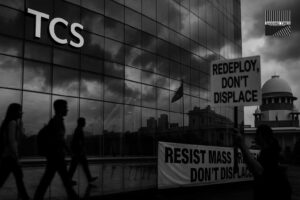


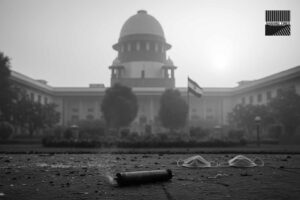



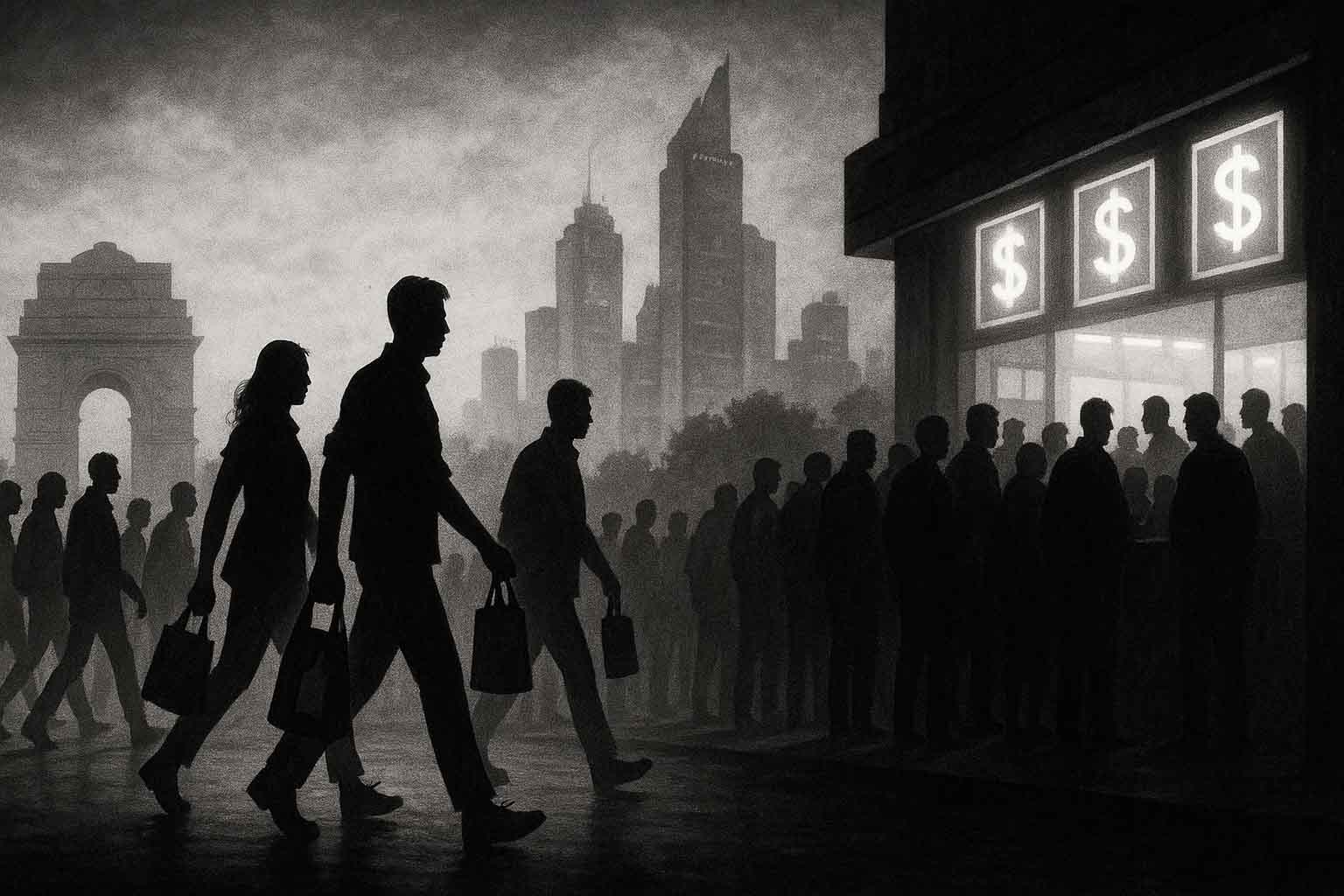

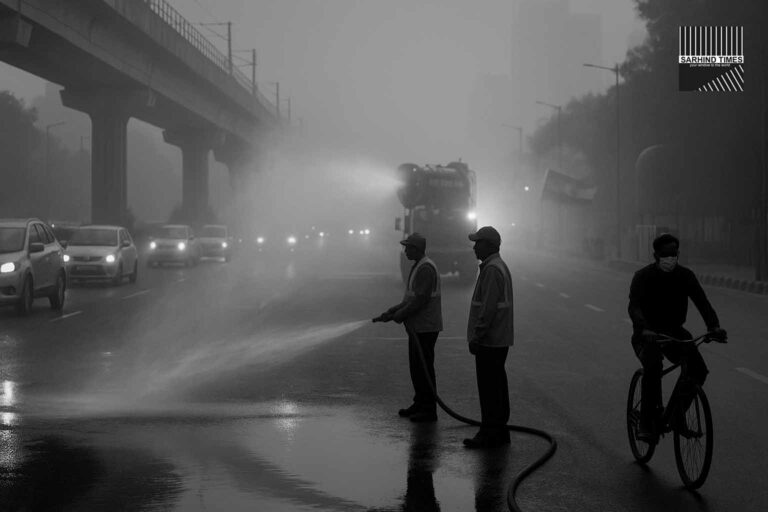
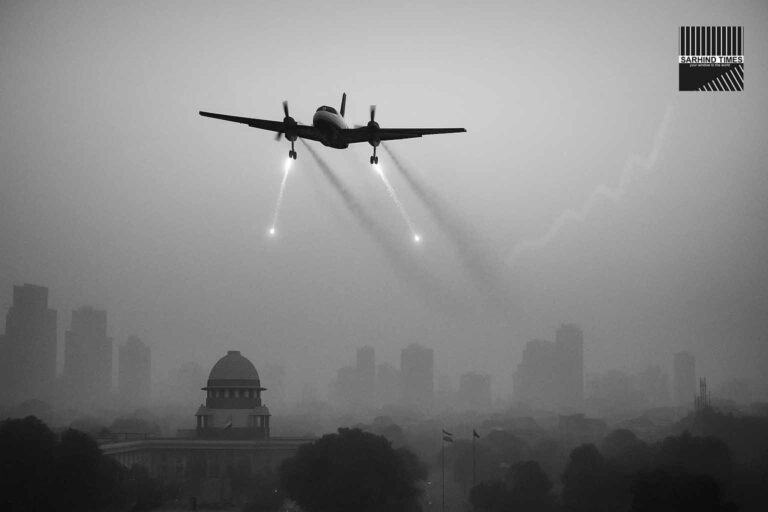




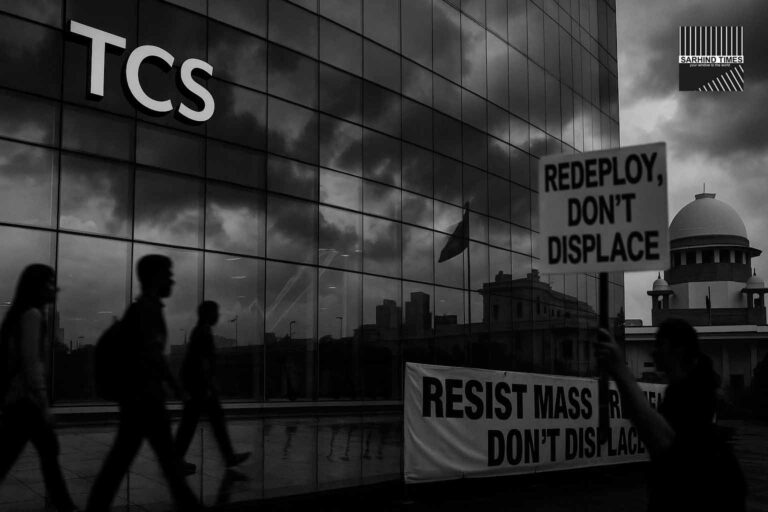
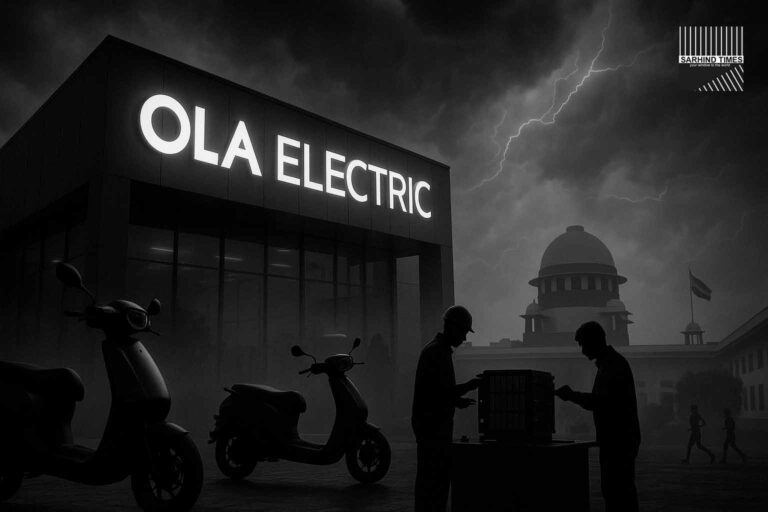
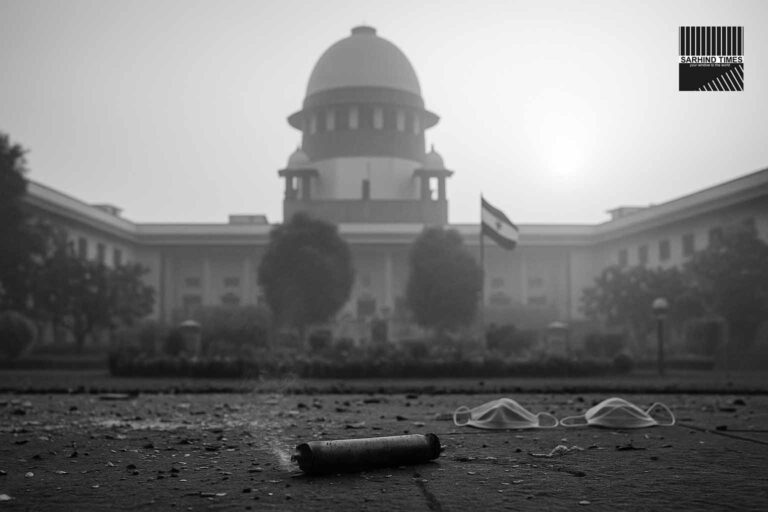
+ There are no comments
Add yours